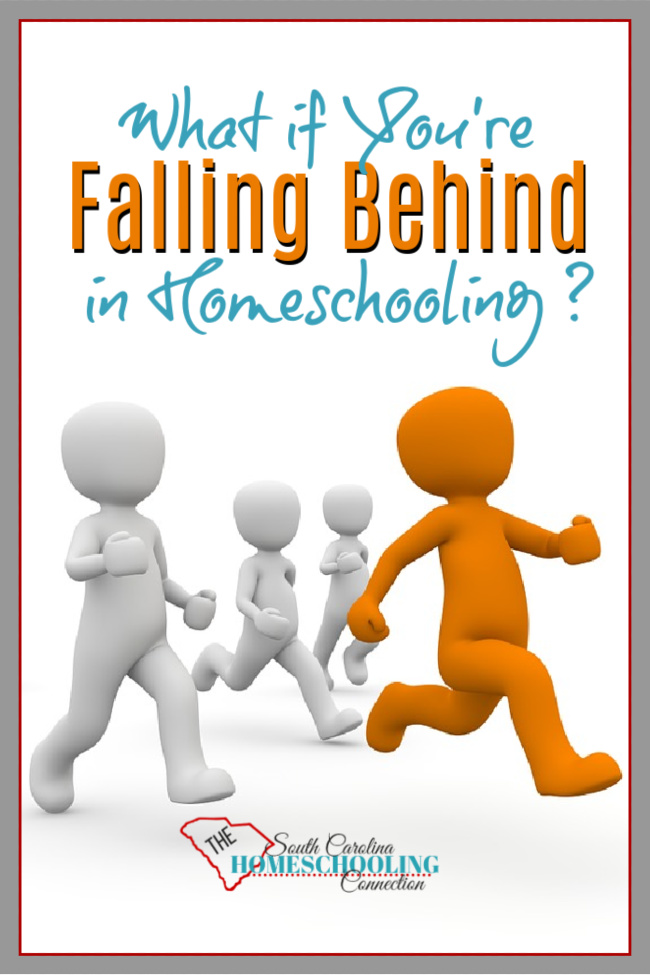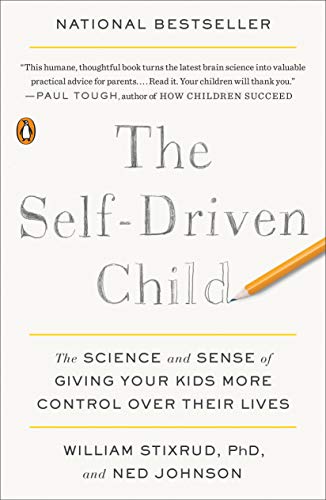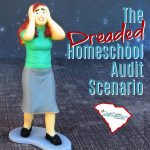What do you do when you’re falling behind in homeschooling? What does it mean to be “behind” anyway? I hear this idea being discussed often, so let’s talk about falling behind.
We want our children to thrive and be successful in education. Yet, somehow parents often feel inadequate to make that happen. We look to the so-called “experts” in education who have set guidelines and standards for measuring that success so we can use that as an equivalent measure.
Homeschooling has a way of magnifying our own insecurities as parents. The weight of responsibility gets heavy and it is hard sometimes. We look for an adultier adult to just tell us what to do.
Falling Behind Message Source
Public concerns, the officials, experts and media have turned up the volume on the message that parents are messing up education. We’ve got to get these kids back in schools before they’re permanently behind. Really?! It’s just not true.
I don’t buy it–and neither should you. Whether you’re hearing it from your own inside voice or critics around you, hear this instead: you can do this.
Homeschooling is not a “less-than” option for education. Parents are qualified to educate their own children. We’re taking an alternative route that opens the doors of opportunity after graduation, too. Read more about the profile of SC Graduate to see it for yourself.
(Please note that I believe in school choice–and public school might be the right choice. It should not be the *only* choice. It’s certainly not the best choice for every child.)
Catching Up, Moving Forward
The secret to catching up is to just keep going. Keep moving forward. Nobody knows what the future will look like. Many jobs currently available didn’t even exist 10 years ago. Try to imagine what jobs will be available in the next 10 years that don’t currently exist.
Learning how to learn is the point of it. Learn to find information, evaluate information, and communicate back. Keep moving forward to that goal.
If you feel like you’re failing your kids education and worry that they’re falling behind, that’s normal. Putting them back into public school isn’t your only solution though. Let’s consider what else you can do before you give up on homeschooling.
- Priorities: Go back to original goals and priorities. Know your reason why. If you’re homeschooling for mental and physical health reasons, then it’s ok if you’re not as far along on your lesson plans as you thought (or as far along as someone else is).
Comparison is a trap. It’s easy to fall into it too. But, childhood is not a race and it’s not a competition. It’s ok to focus on the overall wellbeing of your family. That’s an important goal that will get you much farther in the long run.

Maslow’s heirarchy of needs also shows that foundational priorities are required before creative and academic potential can be accomplished. Biologic needs like food, water, sleep. Safety needs, love and belonging needs are important priorities. Schoolwork won’t get done when you’re just trying to survive–no matter what the school setting is.
- Readiness: There’s a readiness for learning anything. Oftentimes, our expectations are unreasonable for the child’s developmental readiness. We want them to be “on track” with some arbitrary goal that they’re just not ready to do yet. Just like a flower will bloom when it’s ready.
Other countries (like Finland) prefer delaying structured lessons till after 7 years old. Yet, we are worried about a 4 year old who doesn’t sit for hour long lessons and can’t read yet. Like they’re behind.
Remember how it worked with potty training. You could put a child on the toilet, but you cannot make them go. Until they’re ready. Then, once they’re ready–they actually pick it up really quickly. Same thing happens with reading and math skills.
- Make Adjustments: Adjust your schedule or pace. Adjust your curriculum choices. Adjust your mindset, too.
Homeschooling is not school at home. Replicating school doesn’t work. That doesn’t mean you’re failing at this though. If you cook a meal that your family doesn’t like, it’s not a failure. And you don’t give up on cooking entirely. You find something else to cook next time.

Whether the falling behind message is coming from your own internal voice or from those around you — listen to this: you can do this. I encourage you to keep going. Keep good records so you can see your child is making progress. Just keep going.
Read more about when your kids are bored:
How to Talk So Kids Will Listen & Listen So Kids Will Talk (The How To Talk Series)


















 Record-Keeping: What’s the Point?
Record-Keeping: What’s the Point? SC Directors’ Homeschool Friends
SC Directors’ Homeschool Friends 2 Types of Boredom
2 Types of Boredom The Dreaded Homeschool Audit Scenario
The Dreaded Homeschool Audit Scenario




[…] will remind yourself of all the things you are accomplishing. When you feel like you’re falling behind, you can see that there’s […]